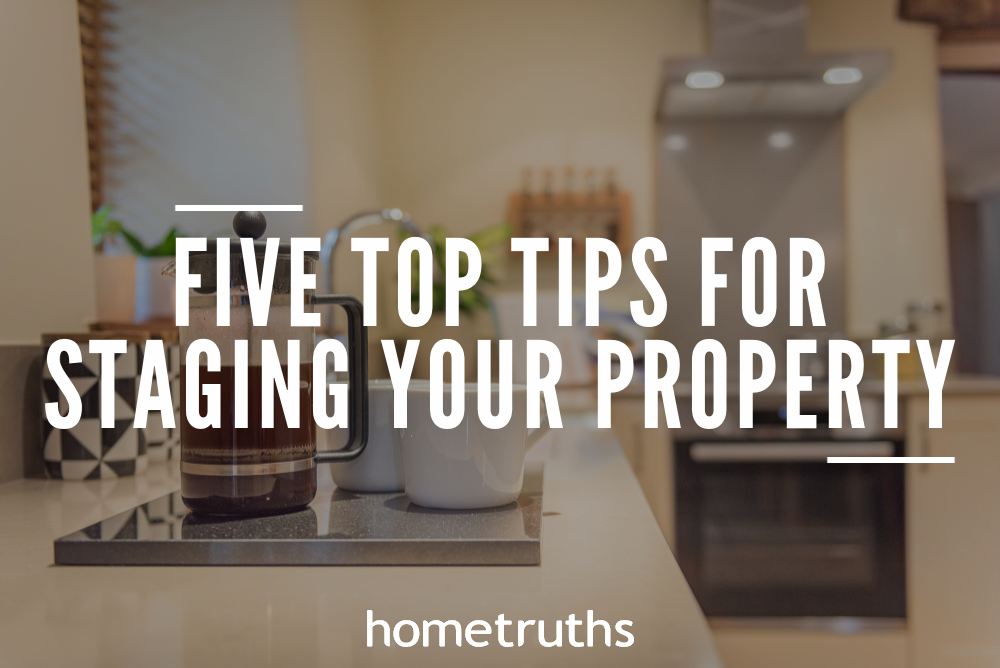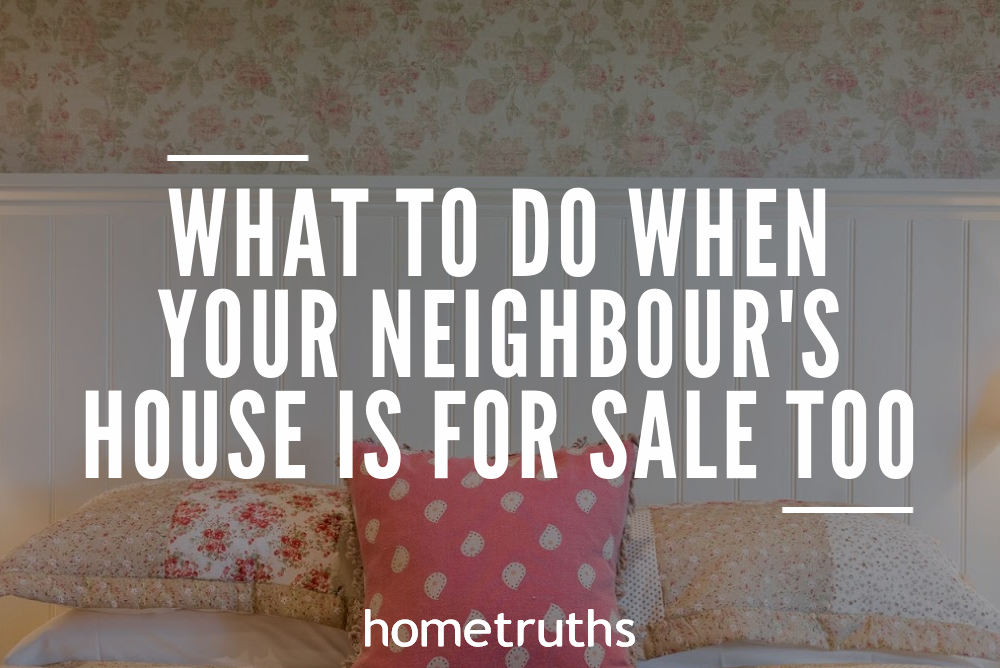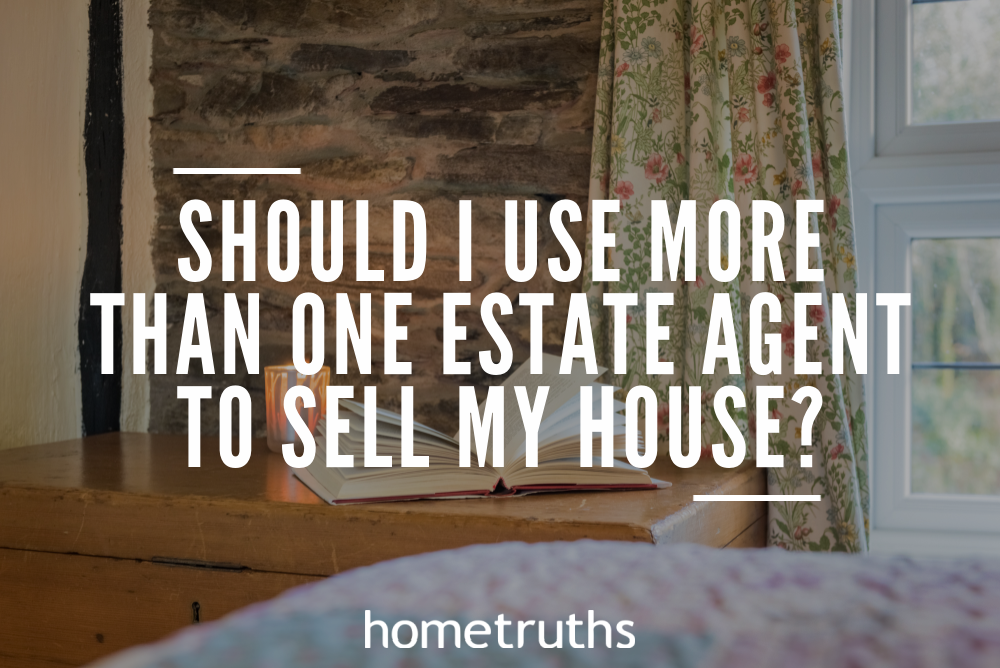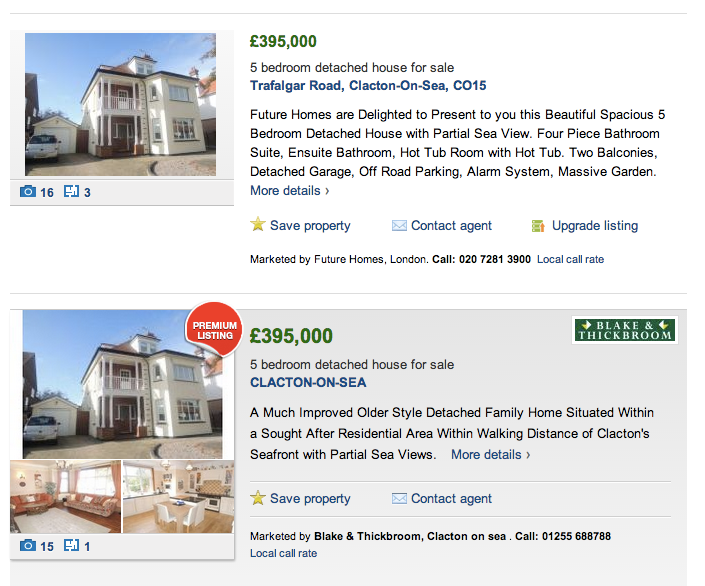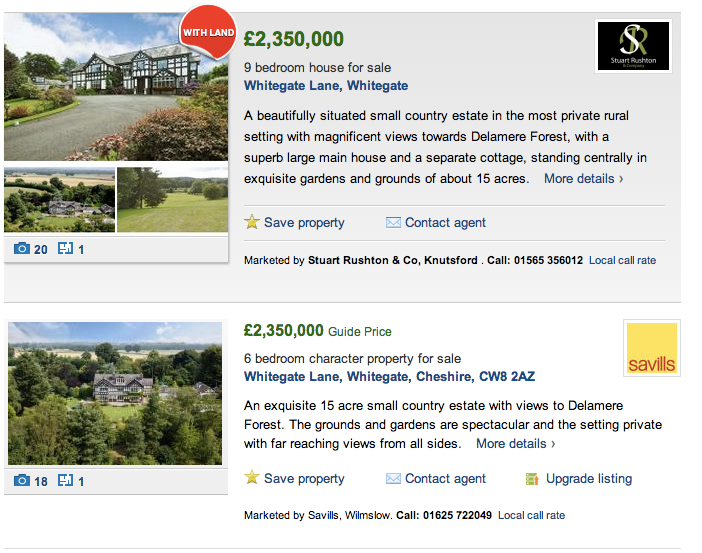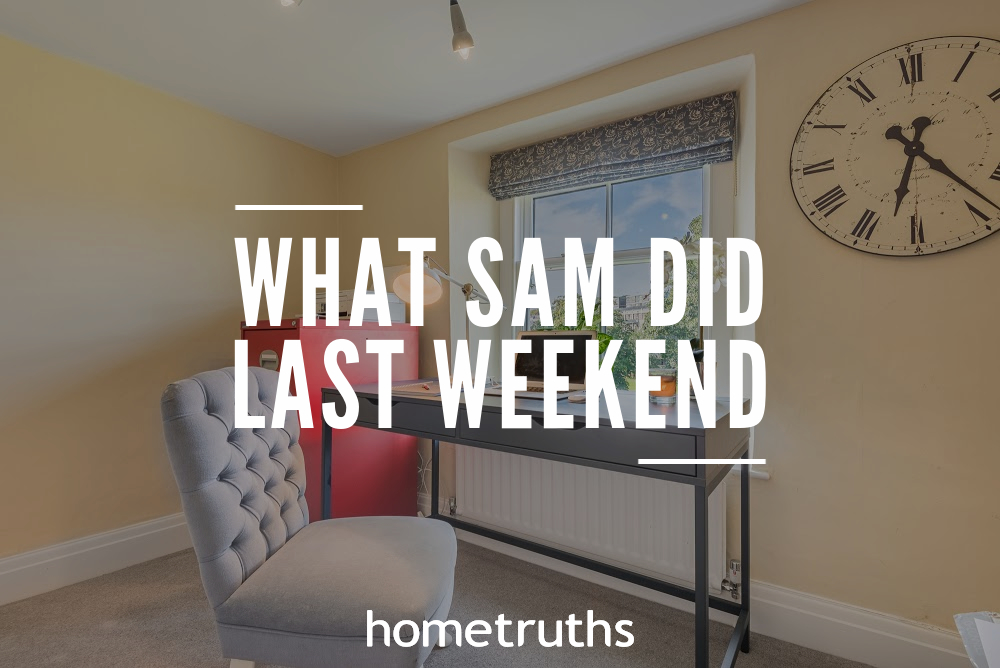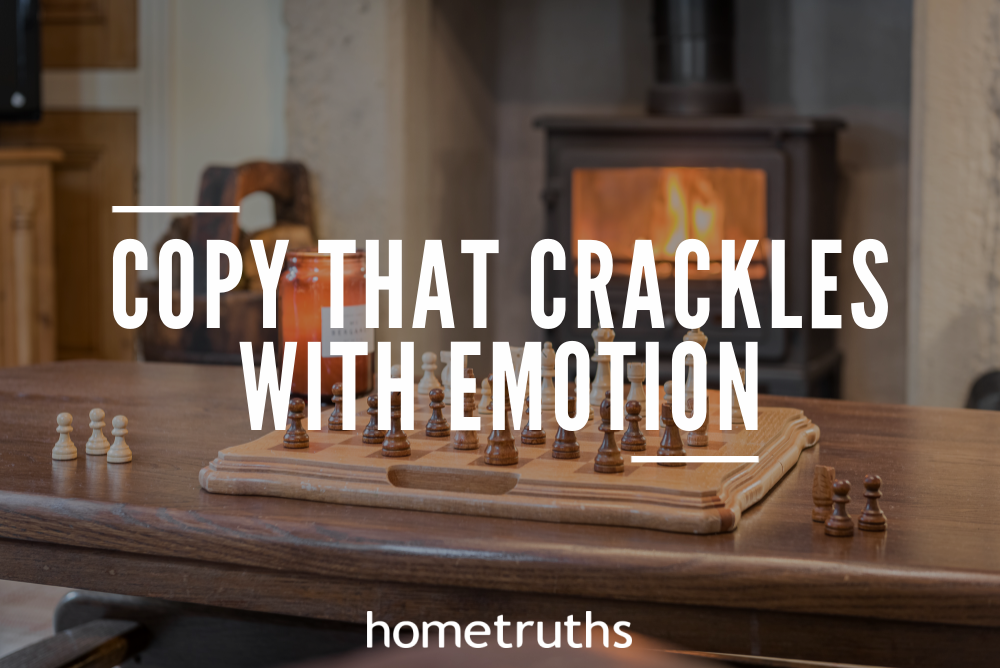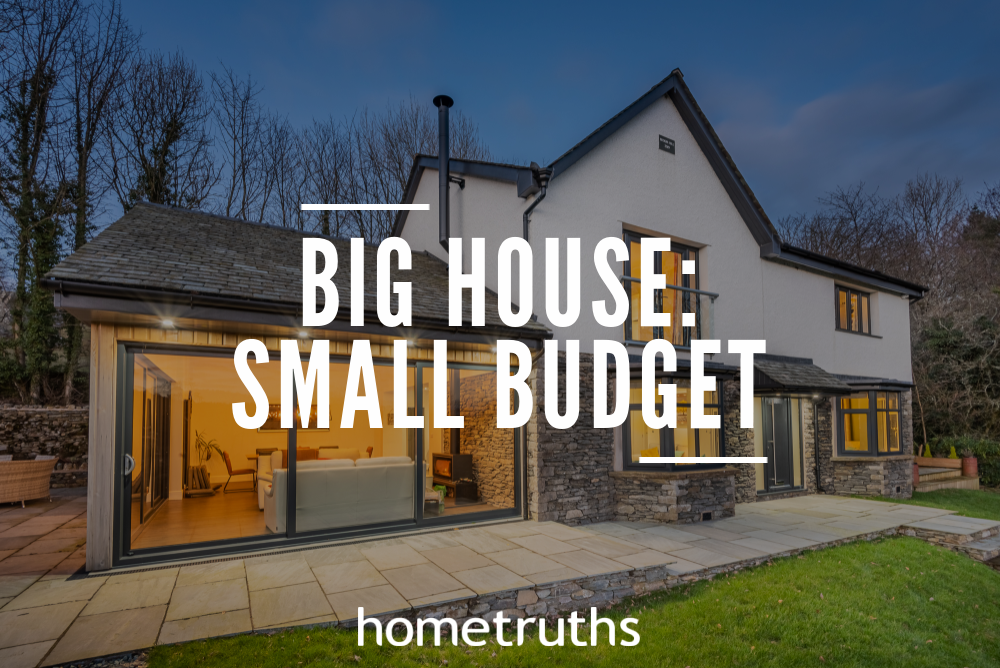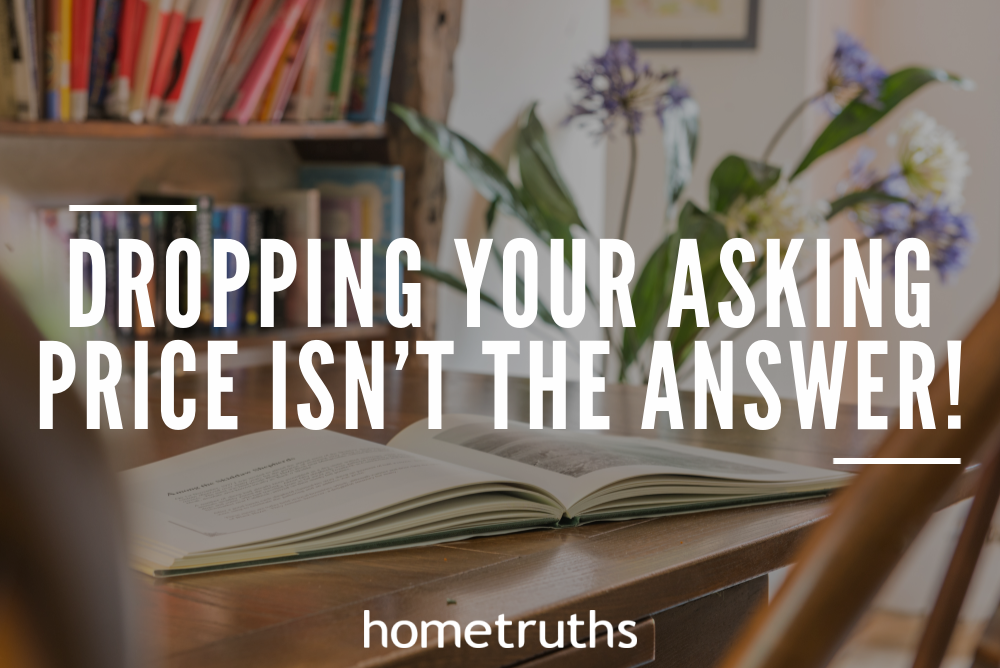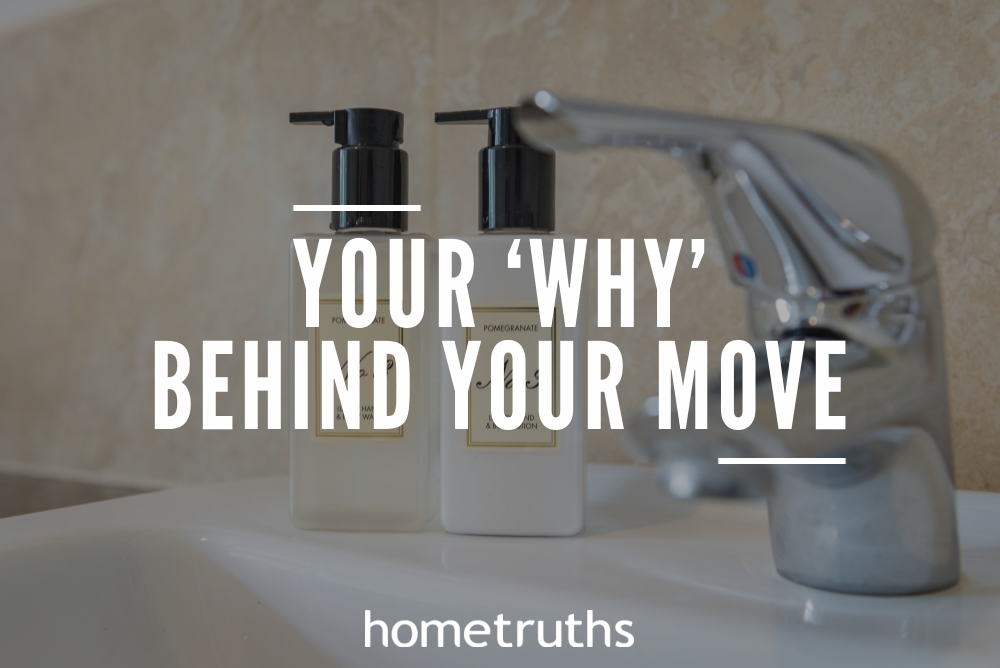
Share your plans with your estate agent
Sharing with your estate agent your ‘why’ behind your move will almost always help you to move on. If they know the circumstances behind your decision to sell, and understand your motivations for the change, they will be in a better position to advise you on what asking price will best help you achieve your desired outcome.
For example, if you’re in danger of being repossessed, and need the quickest possible sale, your estate agent needs to know this so they can not only expedite your marketing and get you listed on the portals as soon as possible, but also so they can help you pursue the best offers from the buyers most able to exchange and complete quickly.
On the other hand, if you are looking to downsize into a smaller property, and a high value sale price is your top priority, explaining this to your estate agent will mean they can take their time over preparing your marketing materials, such as brochures and photography. Spending longer on creating the right marketing campaign for your property means making sure the quality of your home really shines out in the photography and description, and that your online advert encourages enquiries from the right buyers; ie ones that will fall in love with your home, and be prepared to pay your asking price, or close to it.
If your estate agent knows your move is discretionary and therefore that you are not necessarily in a hurry to sell, they will be able to best guide you on the level of price at which to market your home. It’s a very delicate balance between selecting an asking price that benefits you and accommodates your future plans, whilst not putting off so many buyers that you don’t get any viewings.
There are some occasions however, when it may be prudent not to share with your estate agent about your underlying motives to move house. Remember that whilst the law states you must at all times be truthful with the information you convey to your estate agent, you may not want to share with them that you believe the house to be haunted, for example. Again, by law he is compelled to share any ‘relevant’ information you give him with potential buyers, and even interested viewers, to provide them with the most comprehensive information about your home before they arrange to view it. There was a case in recent years where an interested buyer from Newcastle travelled to Milton Keynes to view a property, to discover that the driveway shown on the property details was actually shared with the neighbour. This information had not been disclosed on the property details, nor mentioned on the phone when he booked the viewing, and he was understandably upset about the waste of time and money he had incurred on this trip. He made a complaint to the Ombudsman, who upheld his complaint, and awarded him not only out-of-pocket expenses, but a compensatory amount for his time and effort too. Altogether an expensive mistake for the estate agent, all because they didn’t disclose relevant information ‘that might put a buyer off a property’ in advance of the viewing.
It’s especially hard to leave a home that you’ve lived a long life in; a house full of memories can be a wrench to leave. In situations where a spouse is left after their partner dies, leaving a home to start life again as a single independent person is especially difficult, when they have lived all their life as a couple.
An attic full of photos and memorabilia, a garage packed with tools and hobby equipment, perhaps even a car that the remaining partner can’t drive, these physical and emotional obstacles can all add an extra mental burden to what is already almost certainly a draining and difficult time.
However, the benefits of moving on, in every way someone can move on, can far outweigh these difficulties. Finding a new sense of freedom, being closer to family and loved ones, meeting new friends, discovering new hobbies and interests, and the relief of a secure financial future, can all make moving home after a bereavement a new start, in every sense of the word.
It takes careful guidance and assistance from an estate agent to help someone through this process. The sale of the house itself is only the tip of the iceberg; the real work comes in the separation process, and a really good agent will not only help make this as smooth a transition as possible, they will also help in the more practical aspects of the move too. They should have excellent supplier contacts to help source someone to help with the home organisation, de-cluttering, storage, packing and moving, and may also be able to help find a new home too. In this situation a really proactive, and genuinely caring professional will be worth their weight in gold, especially if the homeowner doesn’t have close family or friends who could help them.
Deciding whether or not to move home can be as exciting as it is daunting. Making new plans, the promise of new friends and exploring new places, all combine to make moving home potentially a really special and even empowering experience.
Research from the US indicates that homeowners take on average around 14 months to progress from the first thoughts of moving home, right through to actually putting their property on the market to sell. Moving home is a decision few people take lightly – it’s a big step, one to be considered, weighed up and discussed with loved ones and friends, over weeks, months and even years.
Brian and Carol had lived in their beautiful Norfolk village home for 27 years. Their three children had all been raised there, surrounded by friends and woodland, and now had families of their own, and were scattered all over the country.
Brian and Carol felt they were now rattling around in their five bedroomed home, but with 27 years of possessions and memories packed into every room, the prospect of packing it all up and moving home was overwhelming them both. Even the decision itself was emotionally draining. The couple knew that needed to make the move at some point in the not-too-distant future, and spurred on by their children, they sought a market appraisal from their local estate agent. Stuart was the owner and manager of an independent estate agency in the village and knew the couple well. He spent a couple of hours with them at the beginning of June one year, looking around their home and discussing with them timing and strategy. At the end of Stuart’s visit, he suggested to them with a valuation upon which they all agreed. Brian and Carol promised to give the prospect of selling their careful consideration, but the months passed; summer turned to autumn, and with Christmas just around the corner, thoughts of moving were put aside.
The following spring, Brian and Carol again asked Stuart to visit and advise them on their current appraisal, and he duly obliged, suggesting a very modest increase in their property value. Again, procrastination by the couple saw the months pass by with Brian and Carol unwilling to take any steps towards their downsizing move.
The following year, Brian had a stroke. Not a serious one, but enough to confine him the downstairs rooms of the house. As he now found the stairs a challenge, they had to have a shower installed downstairs, and gradually, the upstairs of the house became completely redundant.
Something had to change.
For the third time, they asked Stuart to value their house and finally put their house on the market. The couple had now lived in their home for thirty years. A sale quickly ensued and with their children’s help, they were finally able to move to a small bungalow in Norwich, near their grandchildren and within closer reach of health centres, shops and other amenities. Because their financial commitments are so much lower, they are able to enjoy the peace of mind their situation now brings them.
“I only wish we’d done this sooner,” says Carol. “It would have been so much easier to manage a move when Brian was in full health. I tell my friends who are still living in their family homes to move and enjoy their extra time and money, before it’s too late.”
Whilst we estate agents are often very patient, and can wait years for our clients to decide to move home – or not – sharing your plans and motivations with your estate agent early means they can help you make the right decision for you when it matters most.
If you’d like my help to sell your home more effectively, please answer a few short questions here and if I think I can help you, I’ll be in touch.





